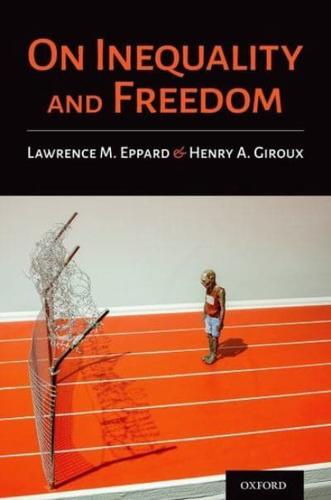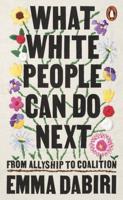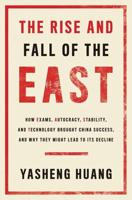Publisher's Synopsis
When Americans conceptualize freedom, they often disproportionately focus on negative freedom, or freedom from government constraint-being told what they cannot say, which religion they cannot practice, where they cannot move, etc. By this measure, Americans are remarkably free. However, such a conceptualization of freedom is incomplete without including notions of positive freedom--possession of agency, to be able to think and act autonomously in pursuit of one's desired life. Positive freedom unlocks agency through more than the absence of something, but the presence of something else--the conditions which enable people's development of their abilities and access to crucial resources and opportunities. If we measure the freedom of Americans by positive freedom measures, we are falling behind our perceived status. In On Inequality and Freedom, a diverse group of authors discuss how a variety of contemporary American inequalities-from racial, economic, and gender, to health, environmental, and political inequalities-actually limit American freedom, regardless of how much negative freedom we possess. This book provides readers with a deeper understanding of what true freedom is and concrete steps toward restoring it.










